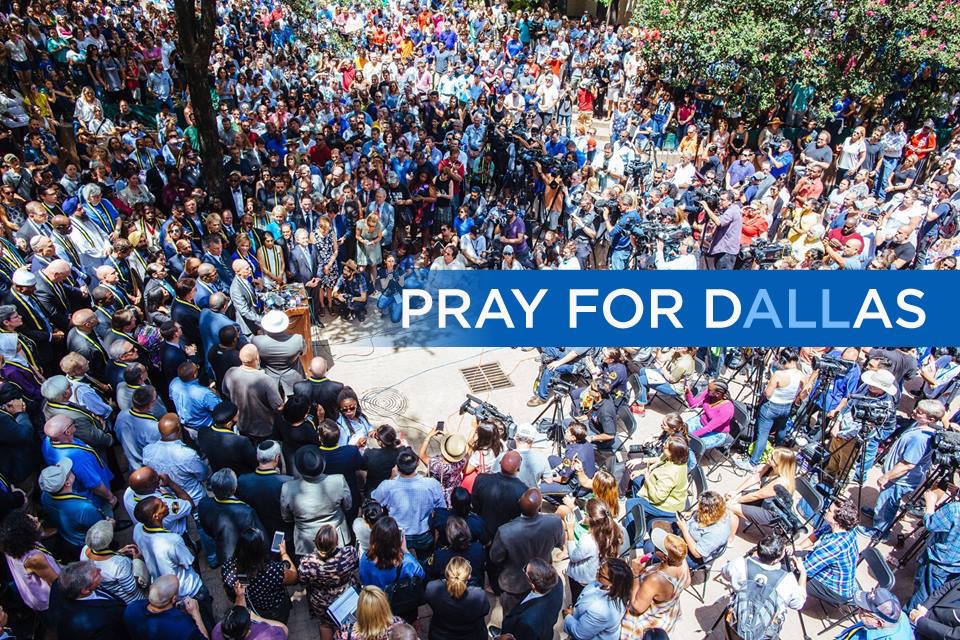Every Day Jesus – in my home.

In Colossians 3 Paul gives clear instruction on the respective roles within our families. In a less comprehensive, but parallel passage in Ephesian 5, Paul guides the Colossians regarding the radical nature of the Christian family. He speaks of the roles of each member, that are as radical and controversial today as they were when he first penned the letter in the First Century.
In the previous chapters he has explained how those who are now in Christ have been transferred from their sin and from darkness into the kingdom of His Son and are now completely forgiven, totally loved, and fully accepted by Him. We can now love others without restraint and without any need for love in return, because all the love we need we have found in Christ. In Ephesians 5, He says that we are to all submit to Christ, and in fact, “submit to one another out of reverence for Christ”. We are to love each other as He has loved us. Imagine a home where everyone does that. Imagine a world like that. That is the kingdom of God, on earth. In that context, He very clearly outlines the roles of each member of the family.
“Wives, submit to your husbands, as is fitting in the Lord. Husbands, love your wives, and do not be harsh with them. Children, obey your parents in everything, for this pleases the Lord. Fathers, do not provoke your children, lest they become discouraged.” – Colossians 3:18-21
- The role of wives: submit
Hupotasso in the Greek means to arrange under, to subordinate, to subject one’s self, to obey, to submit to one’s control, to yield to one’s admonition or advice, to be subject- and immediately some of us think, whoooah. But remember that Paul also reminds us in Ephesians 5 that marriage is (what Tim Keller calls), “Gospel reenactment” in the home. Marriage portrays the Gospel. It is a picture of Christ and His Church. In this analogy, Christ is the Groom and the Church is the Bride. The Church submits (same word) to Christ who is the Head of the Church – as the man is head of the home. But let’s delve deeper into this submission. The question is not will the woman submit, anymore than will the man submit – but to whom will she submit? To whom will he submit? To understand the wife’s role we must understand the husband’s role. The implication is that the man has been reshaped by the Cross.
It’s as if Paul is saying, women: Don’t give yourself to a man whose heart has not been radically altered by the Gospel. If his male ego has not been set in its rightful place by the finished work of Christ, don’t marry him.
But what does it look like? He does not give us details but instead, tells us to look at Jesus and His love for us. Does the husband make all the decisions? Does the husband tell his wife how to spend money? Does the husband’s 50% of the relationship outweigh hers? What Paul is telling us is that two people, given over to marriage (seeking to live for Christ), will seek to serve the other. We often bring our family of origin into the mix to define the roles of the family. But your family and your experience is negotiable, but God’s plan is not. Each is to serve the other.
- The role of husbands: love
“Husband” means house dweller or steward. Men: your role is one of stewardship. You do not own your wife, your kids, or your family- God does. You are the steward of your home, your family. And your role is two-fold stewardship is to provision and protection.
Alain de Botton wrote an article in the Op Ed section of the NY Times entitled, “Why You Will Marry the Wrong Person”. His point is essentially that you never really know the person you’re marrying. He says an early date question should be: “In what way are you crazy?” He concludes with this statement: “Compatibility is an achievement of love; it must not be its precondition.” That is Gospel love. Last week a couple in our church celebrated 77 years of marriage. They have an amazing, selfless love for one another. That is Gospel reenactment. And on the front row, watching this Gospel lived out in the family are the children.
- The role of children: obey
If mom and dad are loving each other as Christ has loved us then children will obey. Husbands: love, lead, and serve like Jesus. Wives submit to that and children obey that kind of love. Parents need to RE-think the family as your primary discipleship group. It is your role to devote yourself to the love of Christ for you and to live out of that – “in Him” as Paul states it over and over again.
As we dive into a new school year. Let’s be clear about the biblical roles within the family. Husbands love, as Christ has loved us – willing to die (daily) for your wife and children. Wives submit to a man who is seeking to do that (though never perfectly), and children obey in the context of a grace-centered, Gospel-drenched family. And this will be the greatest school year you have ever known, regardless of what comes your way.





